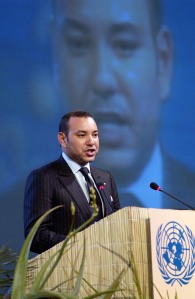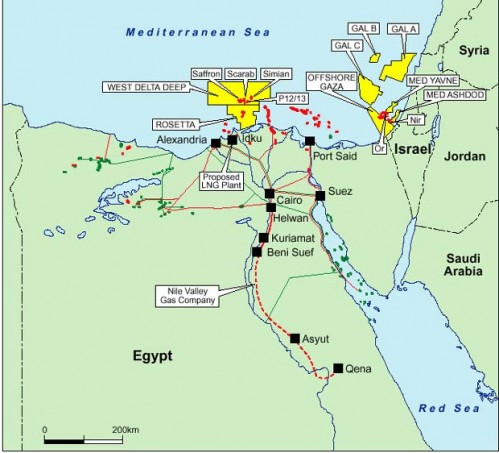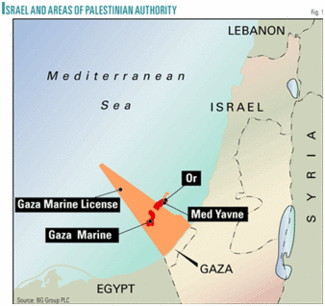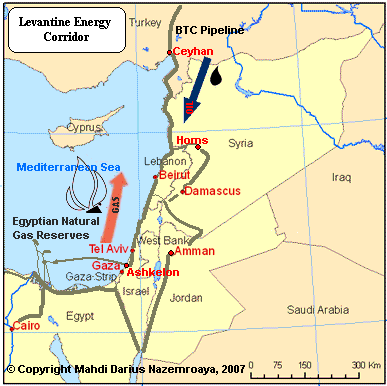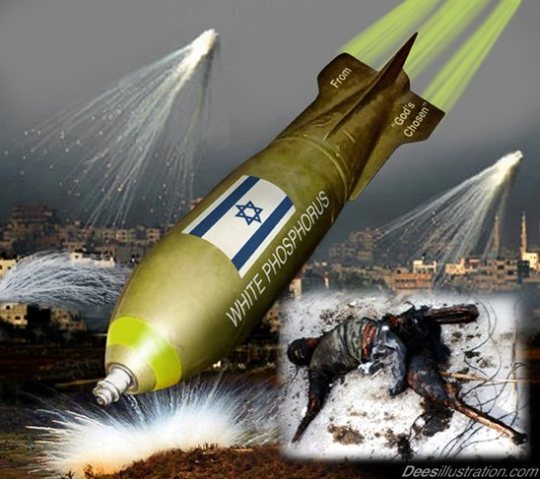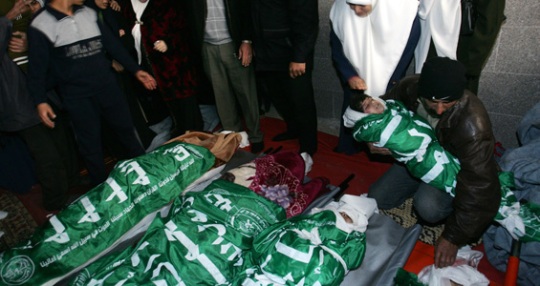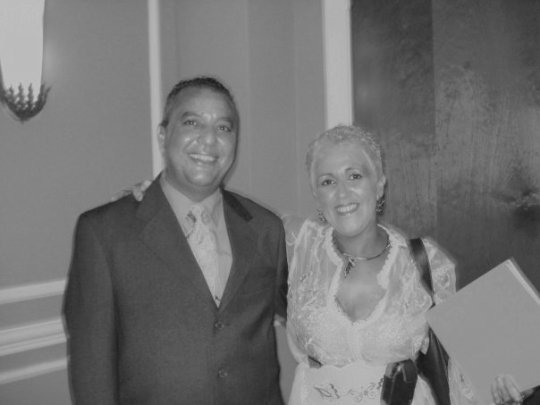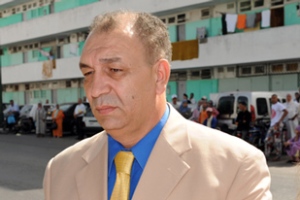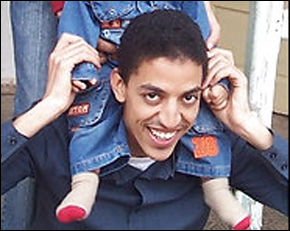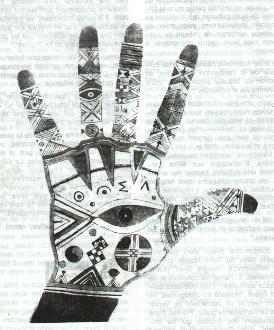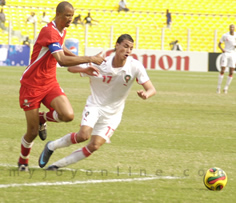By Jim Morris | International Consortium of Investigative Journalists
WASHINGTON — A global network of lobby groups has spent nearly $100 million since the mid-1980s to preserve the international market for asbestos, a known carcinogen that’s taken millions of lives and is banned or restricted in 52 countries, the International Consortium of Investigative Journalists has found in a nine-month investigation.
Backed by public and private money and aided by scientists and friendly governments, the groups helped facilitate the sale of 2.2 million tons of asbestos last year, mostly in developing nations. Anchored by the Montreal-based Chrysotile Institute, the network stretches from New Delhi to Mexico City to the city of Asbest in Russia’s Ural Mountains. Its message is that asbestos can be used safely under “controlled” conditions.
As a result, asbestos use is growing rapidly in countries such as China and India, prompting health experts to warn of future epidemics of lung cancer, asbestosis and mesothelioma, an aggressive malignancy that usually attacks the lining of the lungs.
The World Health Organization says that 125 million people still encounter asbestos in the workplace, and the United Nations’ International Labor Organization estimates that 100,000 workers die each year from asbestos-related diseases. Thousands more perish from exposures outside the workplace.
Dr. James Leigh, the retired director of the Centre for Occupational and Environmental Health at the Sydney School of Public Health in Australia, has forecast a total of 5 million to 10 million deaths from asbestos-related cancers by 2030, an estimate he considers conservative.
“It’s totally unethical,” Jukka Takala, the director of the European Agency for Safety and Health at Work and a former International Labor Organization official, said of the pro-asbestos campaign. “It’s almost criminal. Asbestos cannot be used safely. It is clearly a carcinogen. It kills people.”
Indeed, a panel of 27 experts convened by the WHO’s International Agency for Research on Cancer reported last year, “Epidemiological evidence has increasingly shown an association of all forms of asbestos … with an increased risk of lung cancer and mesothelioma.”
The asbestos industry, however, has signaled that it will fight to protect sales of raw fiber and finished products such as asbestos cement roofing and water pipes. Among its allies are industry-funded researchers who have contributed hundreds of articles to the scientific literature claiming that chrysotile — white asbestos, the only kind sold today — is orders of magnitude less hazardous than brown or blue asbestos. Russia is the world’s biggest chrysotile producer, China the biggest consumer.
“It’s an extremely valuable material,” argued Dr. J. Corbett McDonald, an emeritus professor of epidemiology at McGill University in Montreal who began studying chrysotile-exposed workers in the mid-1960s with the support of the Quebec Asbestos Mining Association. “It’s very cheap. If they try to rebuild Haiti and use no asbestos it will cost them much more. Any health effects (from chrysotile) will be trivial, if any.”
McDonald’s sanguine view of chrysotile assumes that employers provide proper dust controls, ventilation and protective equipment for workers, but public health experts say that such measures are uncommon in the developing world.
“Anybody who talks about controlled asbestos use is either a liar or a fool,” said Barry Castleman, an environmental consultant based near Washington who advises the WHO on asbestos matters.
Fire- and heat-resistant, strong and inexpensive, asbestos — a naturally occurring fibrous mineral — once was seen as a construction material with near-magical properties. For decades, industrialized countries from the United States to Australia relied on it for countless products, including pipe and ceiling insulation, shipbuilding materials, brake shoes and pads, bricks, roofing and flooring.
In the early 20th century, reports of the mineral’s lung-ravaging properties began to surface. By the century’s end, millions of people were sick or had died from asbestos exposure, and billions of dollars in compensation had been paid to claimants.
Ninety-five percent of all the asbestos ever used has been chrysotile.
This sordid history, however, hasn’t deterred the asbestos lobby, whose longtime leader is Canada. The federal government and the government of Quebec, where chrysotile has been mined for decades, collectively have given 35 million Canadian dollars to the Chrysotile Institute, formerly known as the Asbestos Institute.
Canada uses little asbestos domestically but it sent 168,000 tons abroad last year; more than half of that went to India. Canada has fought to keep chrysotile from being listed under Annex III of the Rotterdam Convention, a treaty that requires exporters of hazardous substances to use clear labeling and warn importers of any restrictions or bans.
Despite mounting pressure from public health officials to stop asbestos exports, Canadian officials continue to defend the industry.
“Since 1979, the government of Canada has promoted the safe and controlled use of chrysotile and our position remains the same,” Christian Paradis, the natural resources minister in Canada’s conservative government and a former president of the Asbestos Chamber of Commerce and Industry, told the International Consortium of Investigative Journalists in a written statement.
Amir Attaran, an associate professor of law and medicine at the University of Ottawa, calls the government’s position unconscionable. “It’s absolutely clear that (Prime Minister) Stephen Harper and his government have accepted the reality that the present course of action kills people, and they find that tolerable,” Attaran said.
The Chrysotile Institute’s president, Clement Godbout, said his organization’s message had been misinterpreted.
“We never said that chrysotile was not dangerous,” he said. “We said that chrysotile is a product with potential risk and it has to be controlled. It’s not something that you put in your coffee every morning.”
The institute is a purveyor of information, Godbout emphasized, not an international police agency.
“We don’t have the power to interfere in any countries that have their own powers, their own sovereignty,” he said.
Godbout said he was convinced that large asbestos cement factories in Indian cities had good dust controls and medical surveillance, though he acknowledged there might be smaller operations “where the rules are not really followed. But it’s not an accurate picture of the industry. If you have someone on a highway in the U.S. driving at 200 miles per hour, it doesn’t mean everybody’s doing it.”
The Chrysotile Institute offers what it describes as “technical and financial aid” to a dozen sister organizations around the world. These organizations, in turn, seek to influence science and policy in their own countries and regions.
Consider the situation in Mexico, which imports most of its asbestos from Canada. Promoting chrysotile use is Luis Cejudo Alva, who’s overseen the Instituto Mexicano de Fibro Industrias for 40 years. Cejudo said he was in regular contact with the Chrysotile Institute and related groups in Russia and Brazil, and that he gave presentations in Mexico and abroad on the prudent use of chrysotile.
Dr. Guadalupe Aguilar Madrid, a physician and researcher at Mexico’s federal Social Security Institute, said the Instituto Mexicano de Fibro Industrias had had a major influence on Mexico’s workplace and environmental rules, which remain weak. The nation is on the cusp of an epidemic of mesothelioma and other asbestos-related diseases that could take 5,000 lives per year, the doctor said.
In Brazil, a state prosecutor is seeking dissolution of the Brazilian Chrysotile Institute, a self-described public interest group with tax-exempt status. The prosecutor charges in a court pleading that the institute is a poorly disguised shill for the Brazilian asbestos industry. The institute denies the allegation, saying it “ensures the health and security of workers and users.”
In India, where the asbestos market is growing at the rate of 25 percent per year, the powerful Asbestos Cement Products Manufacturers Association, a trade group, has a close relationship with politicians and has received $50 million from the industry since 1985, according to government officials.
One of the group’s specialties is “advertorials,” faux news articles that extol the safety and value of asbestos products. An ad placed in The Times of India last December is typical. It said, among other things, that the cancer scourge in the West had come during a “period of ignorance,” when careless handling of asbestos insulation resulted in excessive exposure. Such exposures are long gone, the ad said. It neglects to note, however, that asbestos either has vanished from products or has been banned in industrialized nations.
The asbestos lobby’s argument hinges to a great extent on scientists who minimize the health risks of white asbestos.
Industry-funded science on chrysotile began in earnest in the mid-1960s, when damning studies on asbestos cast unwanted scrutiny on Quebec’s then-thriving mines. Minutes of the Quebec Asbestos Mining Association’s November 1965 meeting suggest that the group saw the tobacco industry as a paradigm: It “was recalled that the tobacco industry launched its own (research) program and it now knows where it stands. Industry is always well advised to look after its own problems.”
The studies have proved helpful to an industry that’s under growing pressure to disband. They’re disputed by other scientists, who argue that chrysotile is clearly capable of causing mesothelioma and lung cancer.
“Is there a legitimate scientific question as to whether white asbestos is less dangerous (than blue or brown)? Yes,” said Dr. Arthur Frank, a physician and professor at the Drexel University School of Public Health in Philadelphia. “But is it safe? No.”
(This story is part of “Dangers in the Dust,” a joint investigation by the BBC’s International News Services and the International Consortium of Investigative Journalists. The consortium is a collaboration of some of the world’s top investigative reporters. Launched in 1997 as a project of The Center for Public Integrity, the consortium globally extends the center’s style of watchdog journalism, working with 100 journalists in 50 countries to produce long-term, transnational investigations.)
Read more: http://www.mcclatchydc.com/2010/07/21/97625/lobbyists-push-use-of-deadly-asbestos.html#ixzz0uSO3eDTY
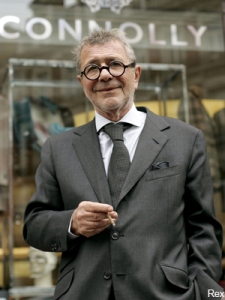
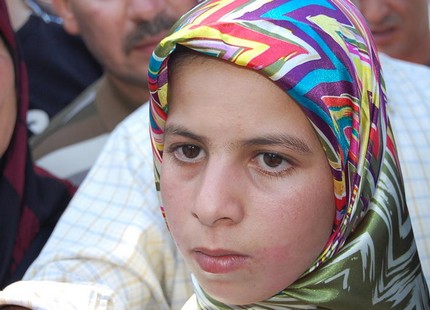 , whose case attracted widespread attention in Morocco.
, whose case attracted widespread attention in Morocco. 